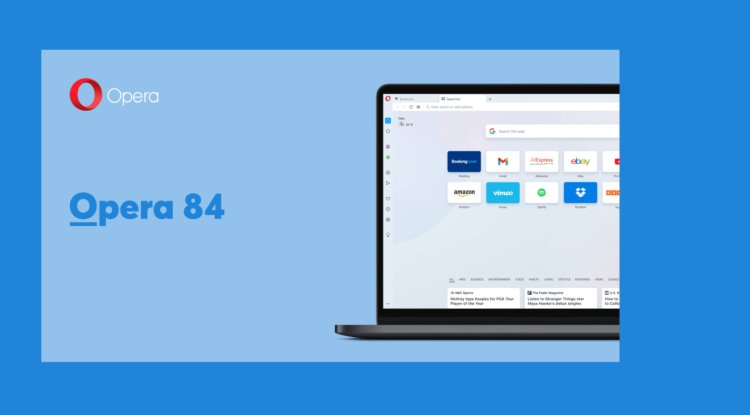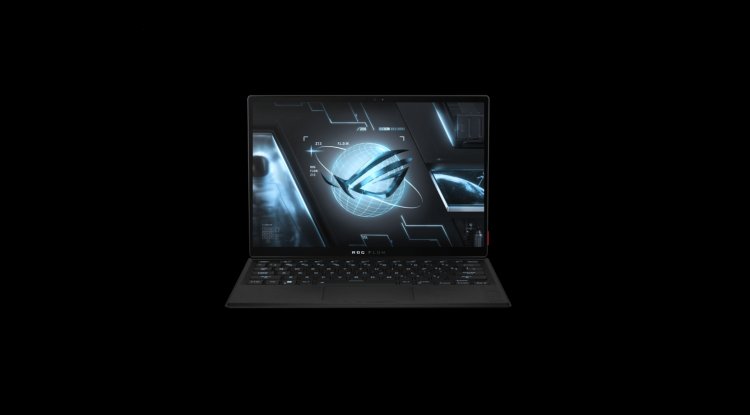Opera 84 introduces the "protected copy"

Opera 84 is the latest version of the web browser that once led the industry in innovation but now appears to be stuck in a bizarre limbo, clueless to a competition that never stops delivering new features. As a result, we do not repeat the previous situation. However, Opera 84 is, to put it mildly, a release.
The first thing to notice about Opera 84 is that it updates its base to Chromium 98, bringing it up to date with the technologies that power the browser, including all sorts of stability fixes, performance improvements, and security patches… and some that another Chromium novelty that its derivatives may or may not adapt.
Support for snap layouts in Windows 11 stands out among the latter, a feature that allows windows to be automatically altered in the new version of Microsoft's operating system but is not yet widely used by third-party programs. Or so the whole changelog for Opera 84 suggests.

Overall, the most notable novelty of Opera 84, if not the only one, is "protected copy, copy protection…" Whatever you want to call it. It refers to a security mechanism used to prevent sensitive data from being copied.
This is how they put it:
"Every time you copy and paste sensitive data, such as a credit card number or cryptocurrency wallet identifier, you risk it being stolen and modified by unscrupulous actors who want your money to end up in their accounts."
Paste Protection will keep you safe from this. When you copy sensitive data in Opera, the data is monitored for changes for a period of time or until the copied data is pasted. A warning is issued if an external application modifies the data."
Although this is not the most typical type of attack, any defense is appreciated. In this situation, Opera is no exception, and despite the significant flaws that the browser has had, the firm behind it, Opera Software, has been a pioneer in implementing additional protections such as ad blockers and trackers in recent years.





































